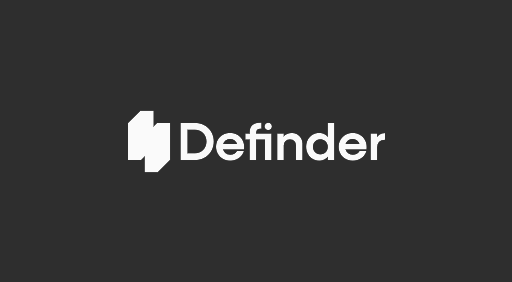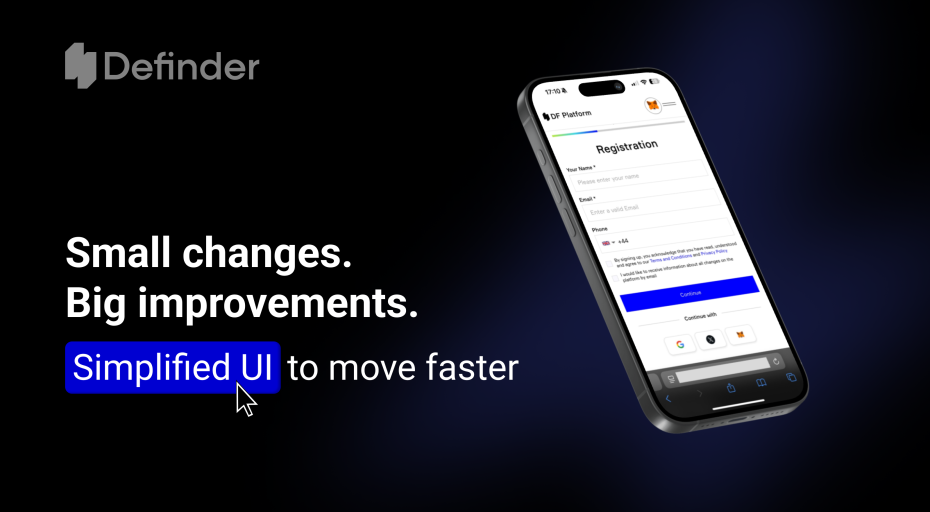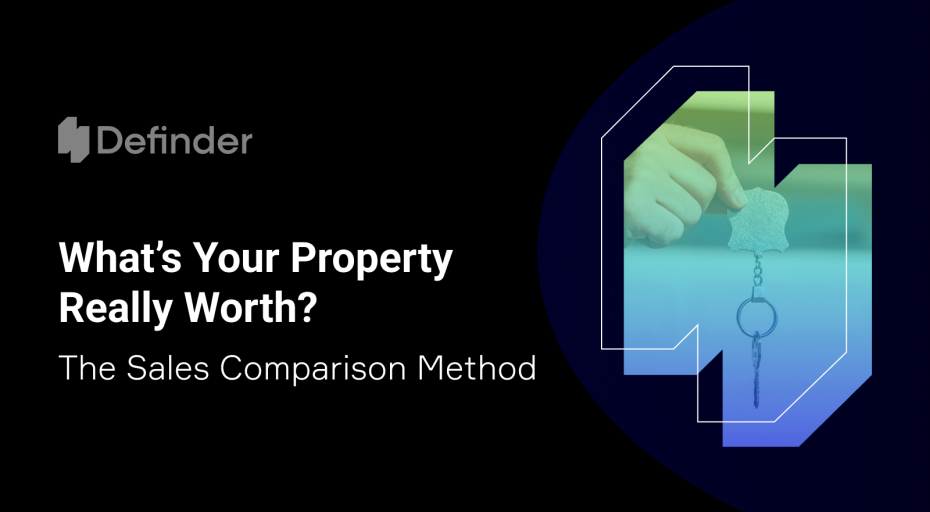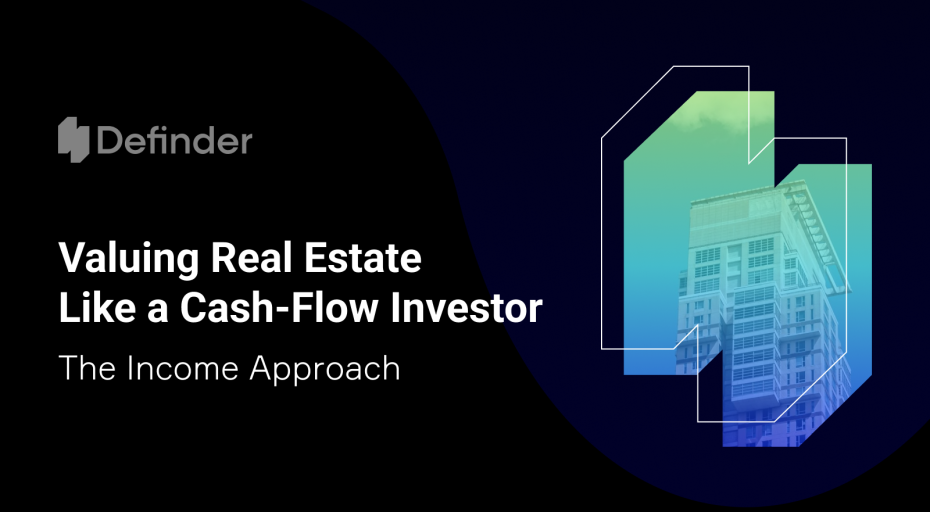Smartlands Embraces Opportunities Brought On by Liechtenstein Blockchain Act
The glorious Liechtenstein Blockchain Act (officially known as “Tokens and TT Service Providers Law” (TVTG), but we will use the acronym LBA for cogency) is now in effect and every asset owner, investor or any other entity seriously considering tokenising literally anything using the EU legal framework should rejoice: you now have a full-stack legal solution to invest via security token offerings, and do it within the confines of a straightforward government-sponsored and approved regulatory environment of Liechtenstein.
No more finagling legislation to achieve results questionable in some European and world jurisdictions. No more shot-in-the-dark interpretations. After a three-year warm-up, the token economy is on low start and is ready to fully emerge as a viable and lucrative part of the global financial markets.
Essentially, the LBA is a set of new rules that contribute to and expand on the existing framework for tokenisation of ownership rights. The newly created Token Container Model enables issuers to tokenise virtually anything defined as an asset with legal ownership attributed to it.
The LBA, as an amendment to the civil law, also acknowledges that paper-based (including digitally signed PDFs) documents aren’t going anywhere, but provides context for their admittance into the digital realm stating, however, that the token world has priority over the physical world for the cases where tokens signify assets ownership rights. After all, like ebony and ivory, physical and digital do need to finally find common footing in this material world, and digitising ownership rights is an excellent way to go about it.
The Packaging of Tokens
One of the building blocks of the Liechtenstein Blockchain Act is the so-called Token Container Model (TCM). With this framework, a token serves as a container with the ability to hold different types of rights representing real assets such as real estate, stocks, bonds, commodities, access rights, fiat money, cryptocurrencies – you name it. But the container may also, well, contain just code, for example, various stablecoins, other types of digital money, etc.
Come to think of it, the ability to tokenise money is another important aspect of TCM. Applying the European E-Money framework would allow issuers to package fiat (state-issued) currencies into a token and load the resulting derivative into a token classifying it as payment tokens (Euro tokens, digital Euro, etc.). Crucially, the Token Container Model makes it very clear that a security token is nothing but a container for regulated programmed securities bundled a certain way for efficient management, faster transfers, or easy storing by a custodian.
The Physical and The Digital
Another cornerstone of the LBA is the introduction of Physical Validator – an entity licenced through the Liechtenstein Financial Market Authority (FMA) and essentially tasked with bridging the gap between service providers, token issuers and regulators. To put it simply, the PV’s role is to uphold the LBA’s provisions for integrating the physical and the digital work together better, smoothing over the abrasive surfaces of the uneasy process.
The physical validator has the duty to identify token holders, verify ownership, and ensure the contractual enforcement of the represented rights and obligations, e.g. by storing the assets (or rights) of the real world in a virtual vault. PV also has the responsibility to establish correct business processes so that errors, theft or damage to physical assets or noncompliance can be avoided. Failure to fulfil those duties can result in loss of licence as a service provider.
The Beauty of Full Compliance
The Liechtenstein legislators didn’t start on an empty plain. Along with fervently adhering to all the other elements of the EU legal framework for financial markets, the Principality is a member of the European Economic Association (EEA), and the EEA provisions are the fabric with which the LBA is woven. However, while any EU-based issuer is obligated to abide by all EU-specific regulations and can passport its license across the Union, the rules set in the LBA are for Lichtenstein-based issuers only. The good news is, even though this mechanism is somewhat complex from the tax standpoint, in terms of the ease of issuance and investors’ convenience it is unprecedented.
At its core, the Liechtenstein Blockchain Act is all about adapting pre-existing laws (Liechtenstein Persons and Companies Act, Trade Act, Due Diligence Act, and Financial Market Authority Act) to define the legal discourse in the token economy more clearly providing a straight path for the movement of tokens and rules for interaction between all participants in the space – asset owners, issuers, consumers, investors, service providers, and intermediaries.
What the Liechtenstein Blockchain Act Means for Smartlands
Today, a UK-based platform who attempts to tokenise US-issued debt, real estate in Greece or a Disruptive Technology fund faces realities that are difficult to overcome in the current financial and legal climate. Therefore, as a first-ever jurisdiction in the world that managed to fully integrate security tokens in its financial network, Liechtenstein is about to become true Mecca for issuers. Smartlands has been waiting for this since 2017 and we intend to apply for three types of licenses, which we plan on receiving come summertime.






